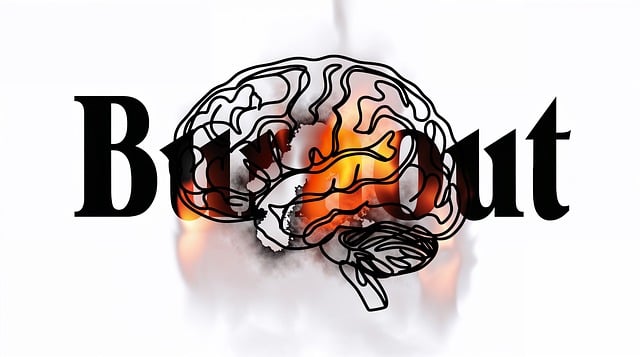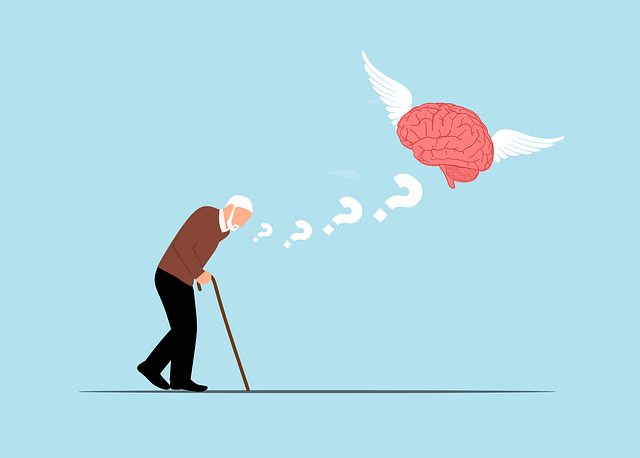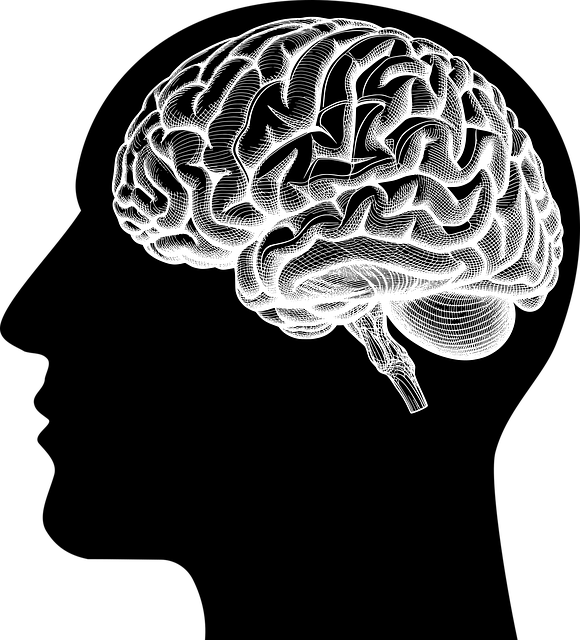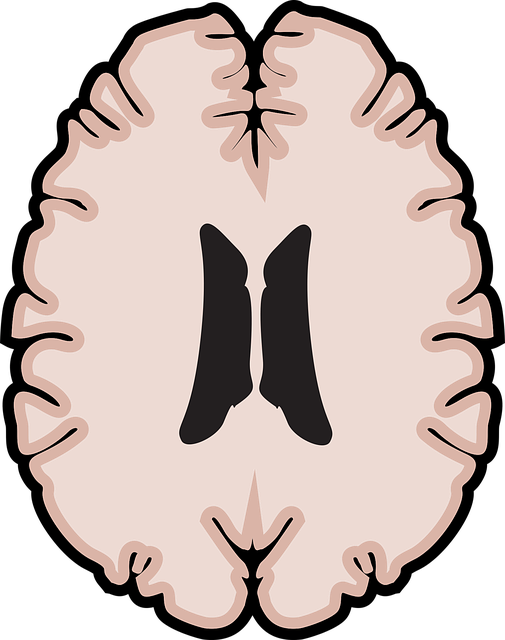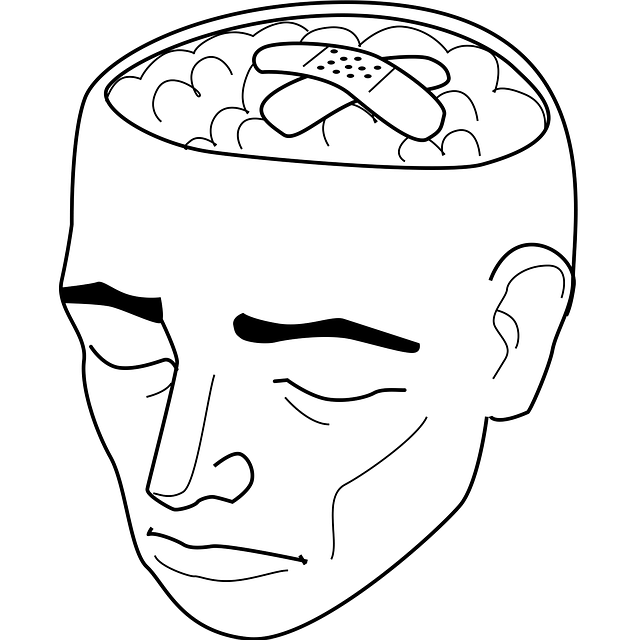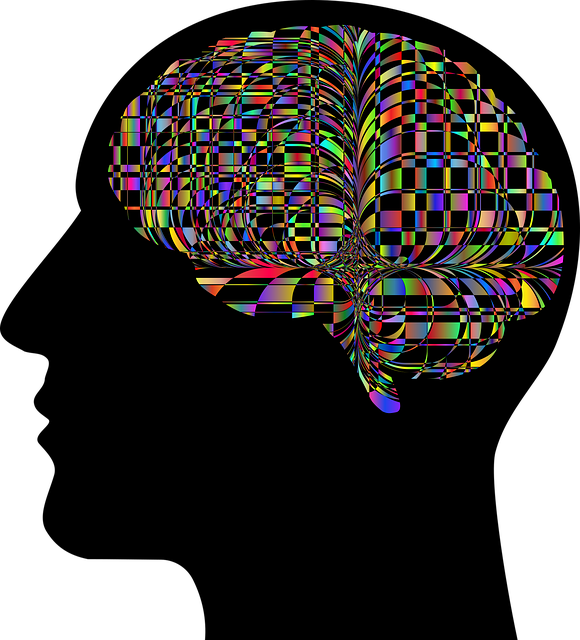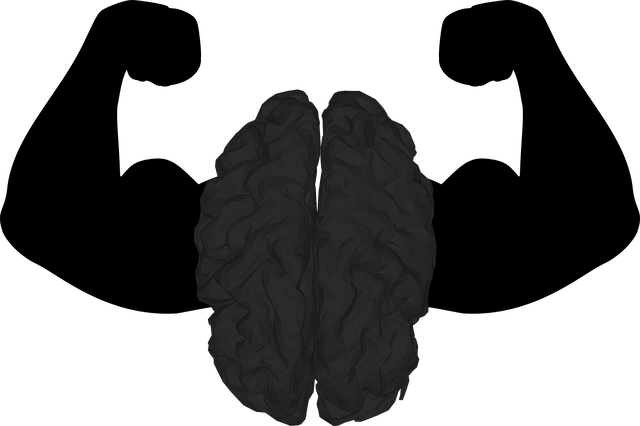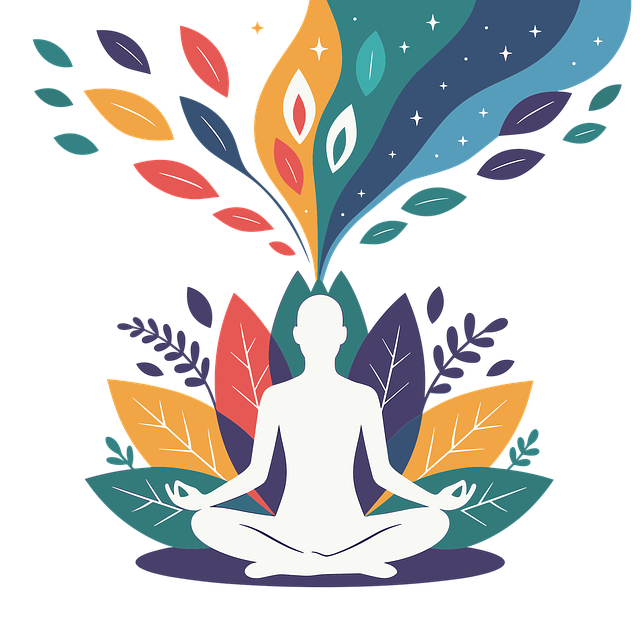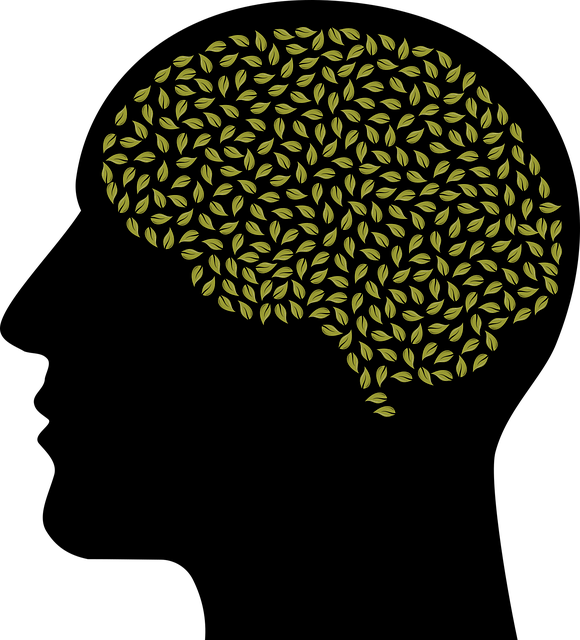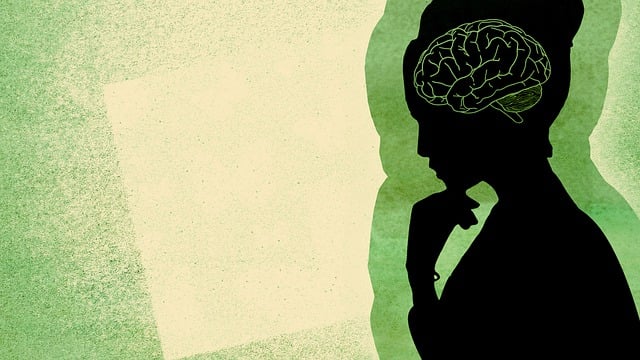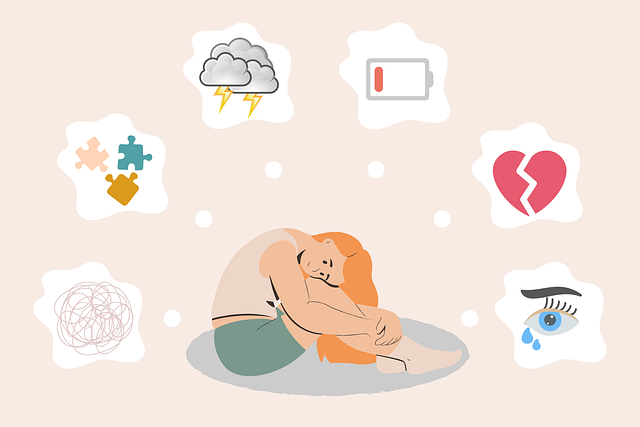Mental wellness journaling is an effective therapy for elderly individuals with dissociative disorders, aiding symptom management and enhancing overall mental health. Through writing, elders can process trauma, reduce anxiety, integrate diverse personality aspects, and improve identity coherence. Journaling offers a non-judgmental space for expression, fostering compassion cultivation and preventing healthcare provider burnout. Combining journaling with other treatments like therapy and tailored prompts from culturally competent healthcare providers can significantly improve quality of life. Creative techniques, such as sketching and collage making, further enhance the therapeutic benefits of journaling for elders with dissociative disorders.
“Unleash the power of self-reflection through mental wellness journaling—a transformative practice for elderly individuals with dissociative disorder. This comprehensive guide explores the benefits of journaling as a therapeutic tool, offering insights into its positive impact on mental health and cognitive function in seniors. From understanding the unique needs of this demographic to practical tips for establishing a consistent routine, we provide strategies to enhance well-being. Discover creative techniques to engage elders and overcome challenges, making journaling therapy accessible and enjoyable.”
- Understanding Mental Wellness Journaling for Elderly Individuals with Dissociative Disorder
- Benefits of Journaling as a Therapeutic Practice for Elders
- Setting Up a Journaling Routine: Practical Tips and Considerations
- Incorporating Creative Techniques into the Journaling Process
- Overcoming Challenges and Tracking Progress in Journaling Therapy
Understanding Mental Wellness Journaling for Elderly Individuals with Dissociative Disorder

Mental wellness journaling can be a powerful tool to support elderly individuals diagnosed with dissociative disorder in managing their symptoms and improving overall mental health. This practice encourages self-reflection, emotional awareness, and coping strategies tailored to each person’s unique experiences. By writing down thoughts, feelings, and memories, the elderly can begin to make sense of their disjointed narratives and develop a stronger sense of self.
Journaling offers a safe space for expression without judgment, fostering compassion cultivation practices that are beneficial for both mental wellness and burnout prevention strategies for healthcare providers. It allows them to process traumatic events, reduce anxiety relief, and potentially integrate different aspects of their personalities. This therapeutic exercise can be particularly effective when combined with other treatments like therapy for elders with dissociative disorder, helping them rebuild a coherent sense of identity and enhance their overall quality of life.
Benefits of Journaling as a Therapeutic Practice for Elders

Journaling has emerged as a powerful therapeutic practice for elders, offering numerous mental health benefits and serving as an effective tool to combat various issues, including dissociative disorders. By putting pen to paper, older adults can engage in a form of self-reflection that promotes emotional processing and healing. Through journaling, they can explore and express their thoughts, feelings, and experiences, helping to break down barriers and access repressed memories or emotions. This practice is especially beneficial for those dealing with trauma or dissociation as it allows them to make sense of their past and present in a safe and controlled manner.
Regular journaling can significantly contribute to anxiety relief, enabling elders to process and release built-up tension and stress. Additionally, it fosters better communication strategies and enhances interpersonal connections, which are essential for overall well-being. Healthcare providers can support this practice by recommending specific prompts or questions tailored to their patients’ needs, ensuring cultural competency training is incorporated into the care plan. Effective journaling can lead to improved self-awareness, enhanced cognitive function, and a deeper sense of calm, ultimately contributing to the overall mental wellness and quality of life for elders.
Setting Up a Journaling Routine: Practical Tips and Considerations

Starting a journaling routine can be transformative for mental wellness, especially for elders navigating dissociative disorders. To maximize its benefits, consider allocating a dedicated time each day or week for this practice. A consistent space and time will help establish a rhythm, making it easier to engage in self-reflection. Choose a journal that feels right; it could be a traditional notebook or a digital tool, depending on your preference and accessibility. Ensure it’s free from distractions, offering a quiet moment to focus inward.
Practical tips include setting achievable goals, such as writing for 10 minutes daily. Begin with prompts if needed—for instance, reflecting on the day’s highlights or challenges, or exploring emotions related to past experiences. Remember, journaling isn’t about perfection; it’s a therapeutic tool for self-discovery and healing. Consider integrating conflict resolution techniques or confidence-boosting affirmations into your entries, as these practices complement mental wellness coaching programs and support overall development.
Incorporating Creative Techniques into the Journaling Process

Incorporating creative techniques into mental wellness journaling can significantly enhance its therapeutic benefits, especially for elders navigating dissociative disorders. Beyond simple writing, activities like sketching, collage making, or even painting can help express complex emotions and memories. For instance, a senior with a history of dissociation might find it easier to visualize and capture fragmented thoughts or experiences through art. This non-verbal approach allows for a more profound connection to their inner self, fostering self-awareness and emotional processing.
Integrating creative practices into journaling also aligns with the mind over matter principles, encouraging proactive burnout prevention among elders. Engaging in artistic expression as a form of self-care can be a powerful tool to reduce stress and promote mental resilience. By combining cognitive reflection with creative outlets, individuals can develop more effective coping strategies, ultimately enhancing their overall well-being and quality of life.
Overcoming Challenges and Tracking Progress in Journaling Therapy

Overcoming Challenges is a significant aspect of journaling therapy for Elders with dissociative disorders. This process involves acknowledging and accepting one’s experiences and emotions, which can be particularly powerful in promoting mental wellness. Through regular self-awareness exercises, individuals can track their progress and identify patterns that contribute to their dissociative symptoms. Journaling provides a safe space to explore memories, triggers, and emotional responses without judgment, fostering a sense of control and empowerment.
As one delves deeper into their writing, they may uncover hidden traumas or unprocessed emotions. This is where the support of a trained healthcare provider becomes invaluable. Cultural competency training for healthcare providers ensures that they can offer empathetic guidance, respect diverse perspectives, and adapt their approach to suit individual needs. Additionally, engaging in a Mental Wellness Podcast Series Production can provide valuable insights, community support, and inspiration for maintaining a consistent journaling practice.
Mental wellness journaling offers a powerful therapy for elderly individuals with dissociative disorders, providing a safe space to process memories, emotions, and experiences. As this article has explored, the benefits of journaling range from improved mental clarity and reduced stress to enhanced cognitive function and better overall well-being. By incorporating creative techniques and establishing a consistent routine, elders can overcome challenges and track their progress, making journaling an accessible and effective tool for managing symptoms and improving quality of life. This practice holds significant promise as a complementary therapy for elderly care, particularly in addressing the unique needs of those with dissociative disorders.
